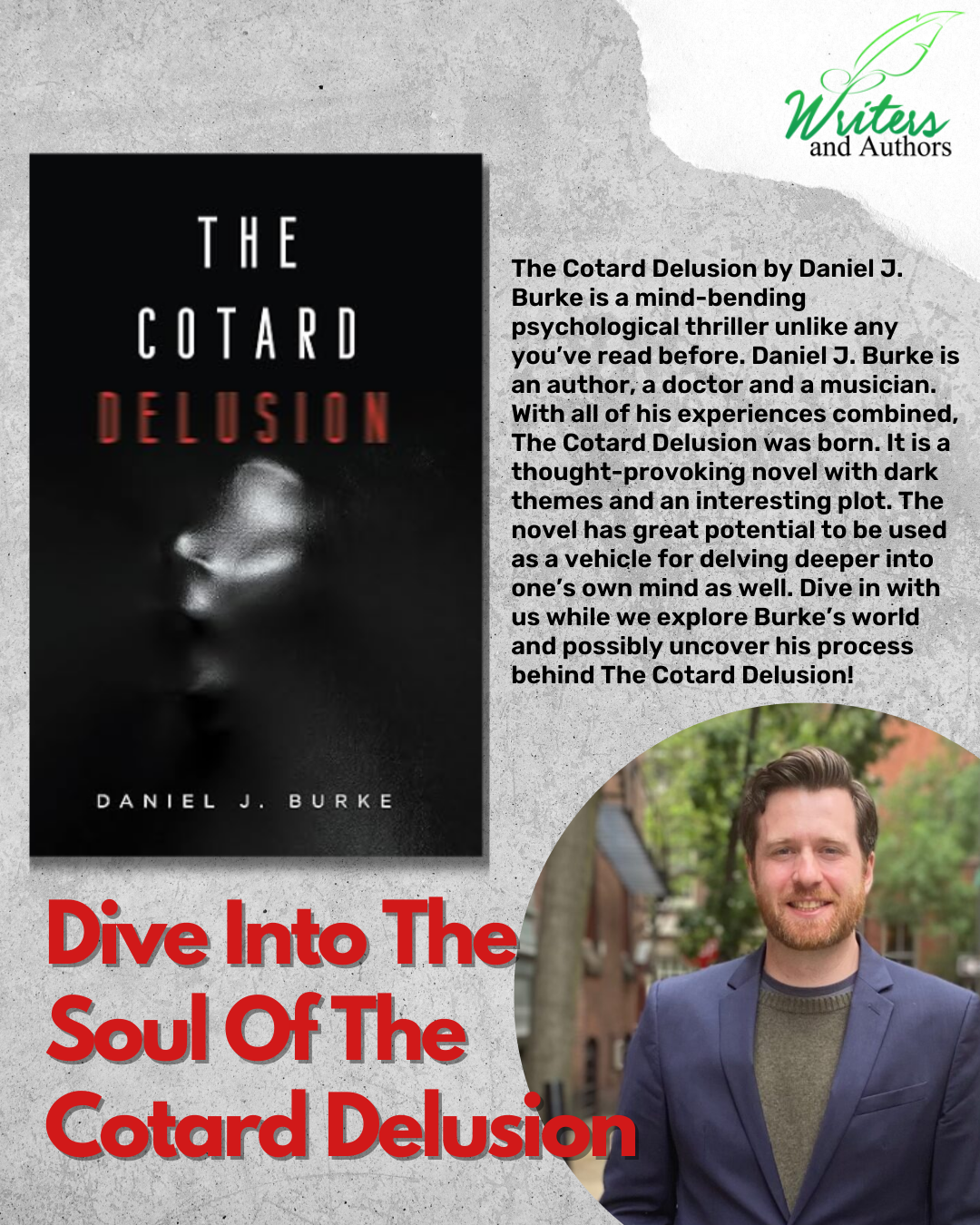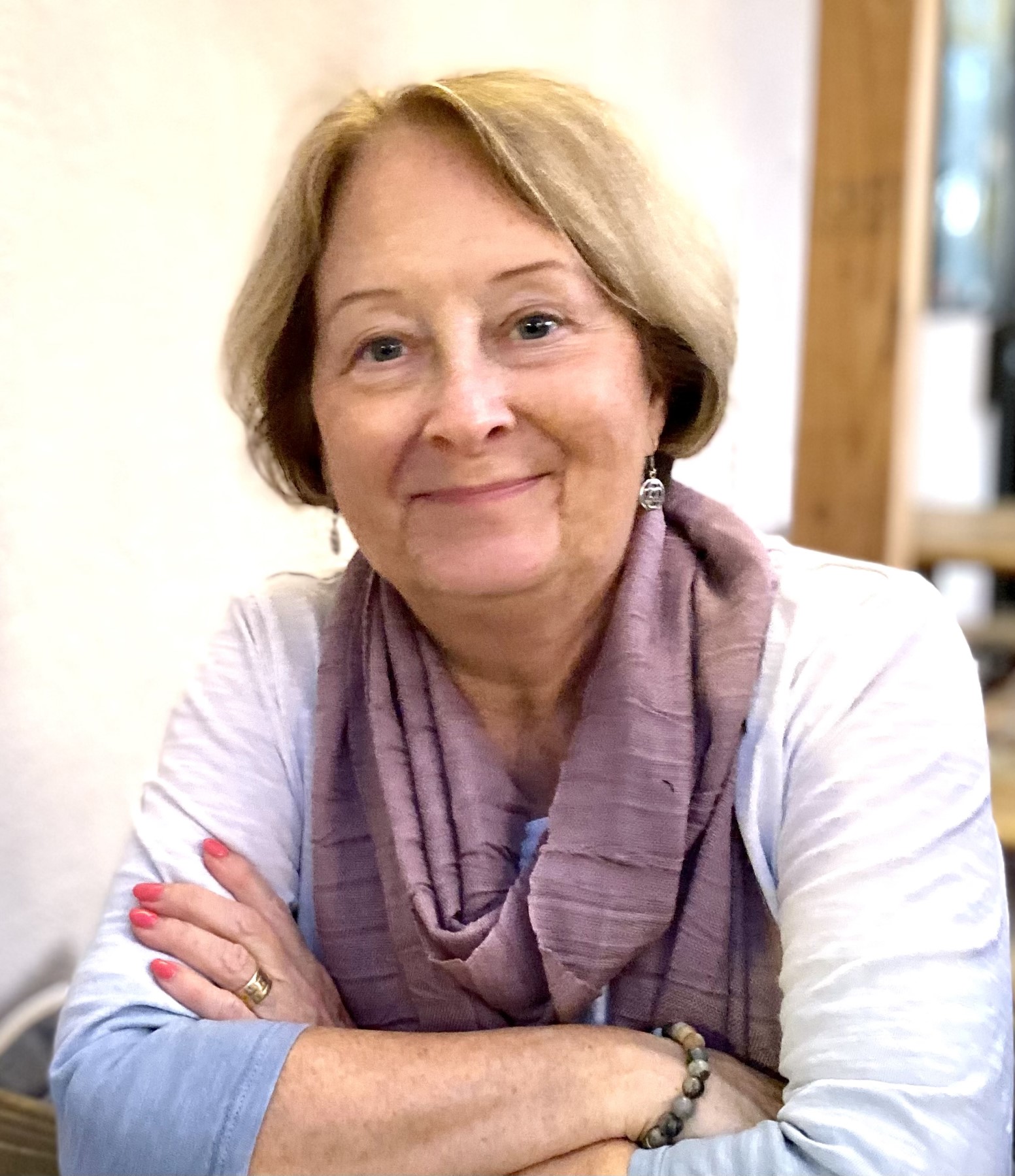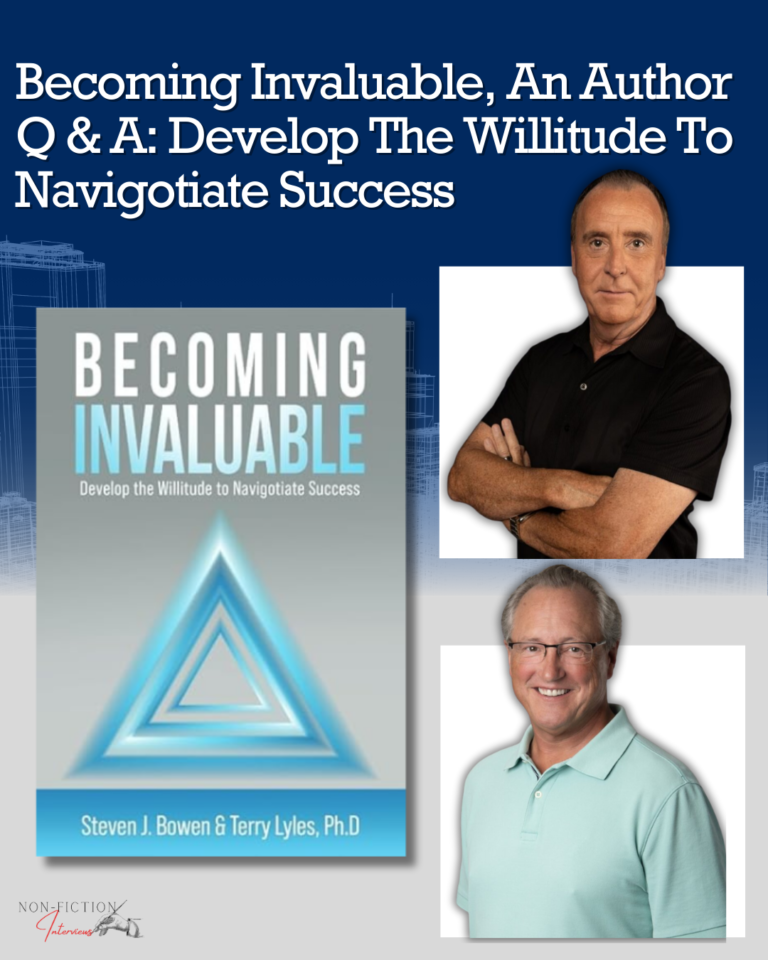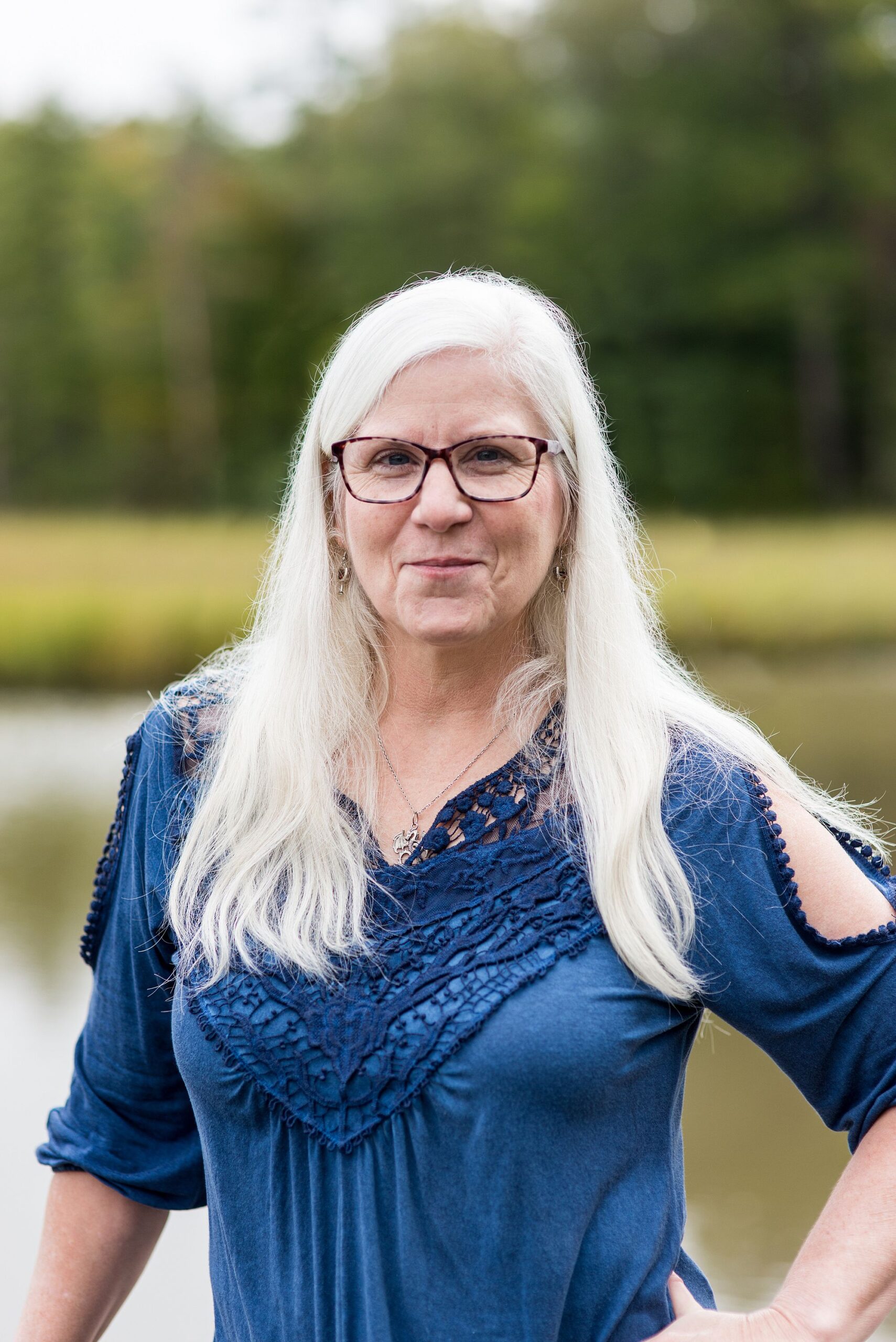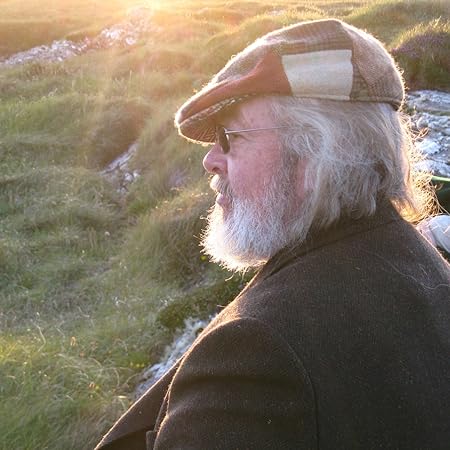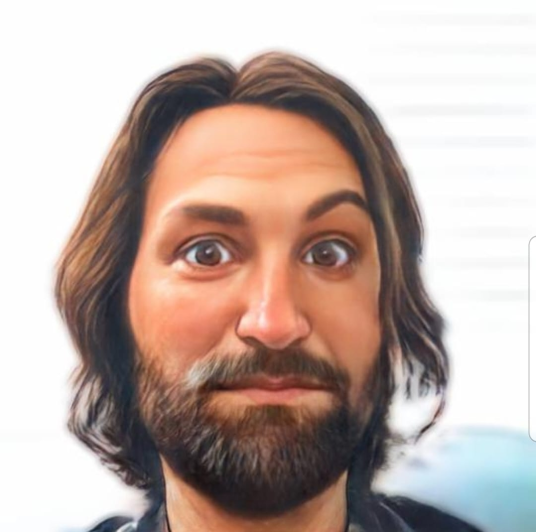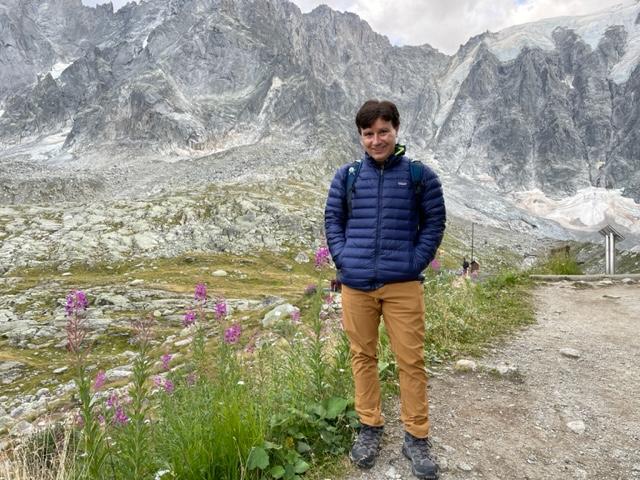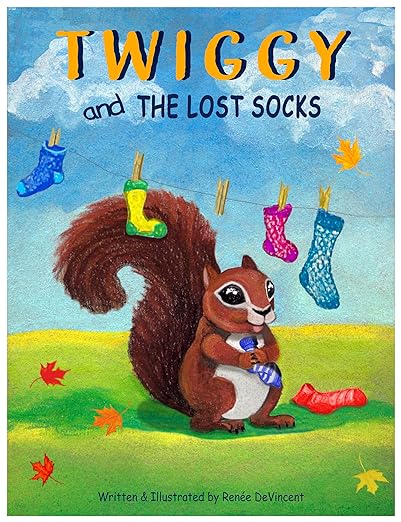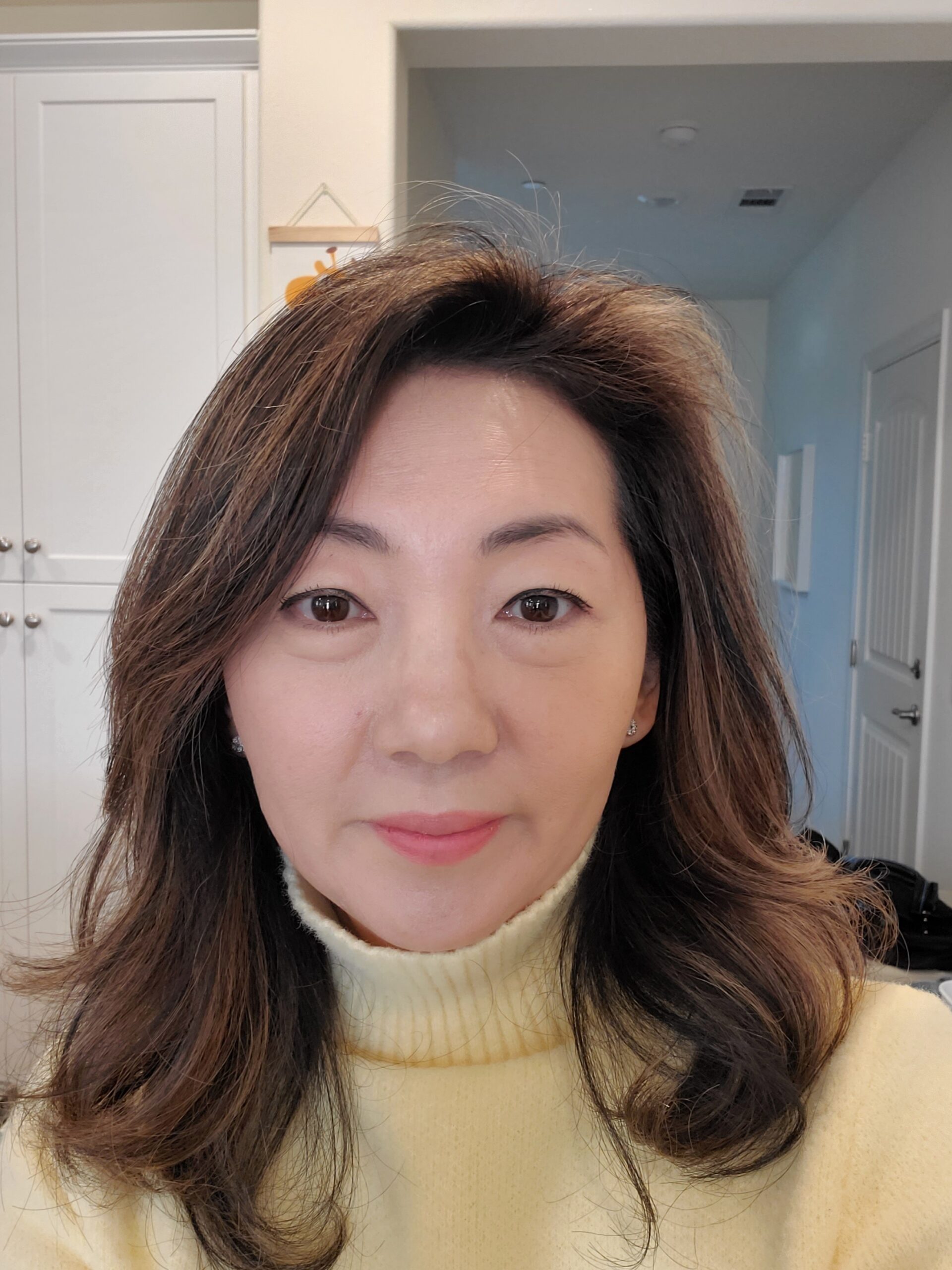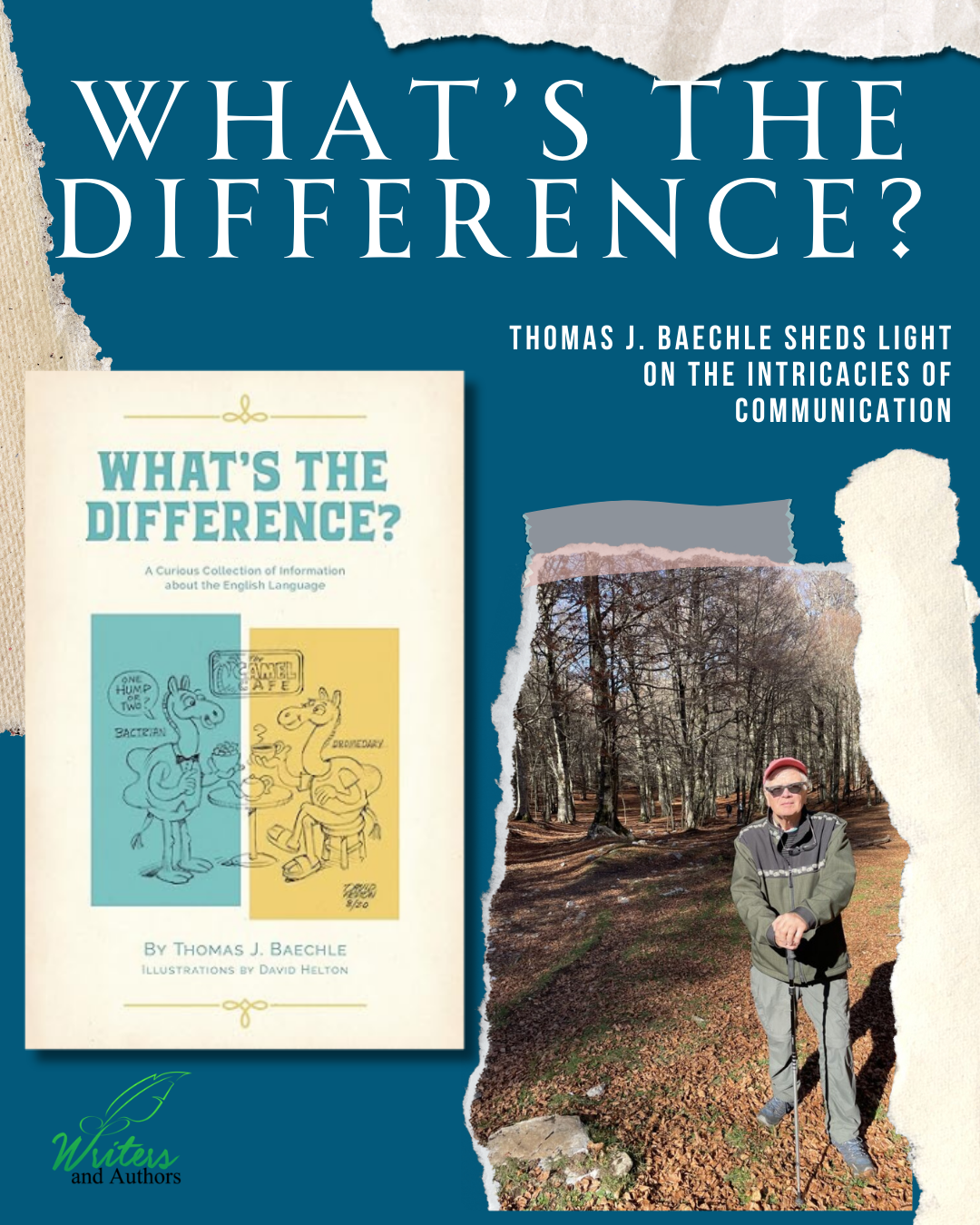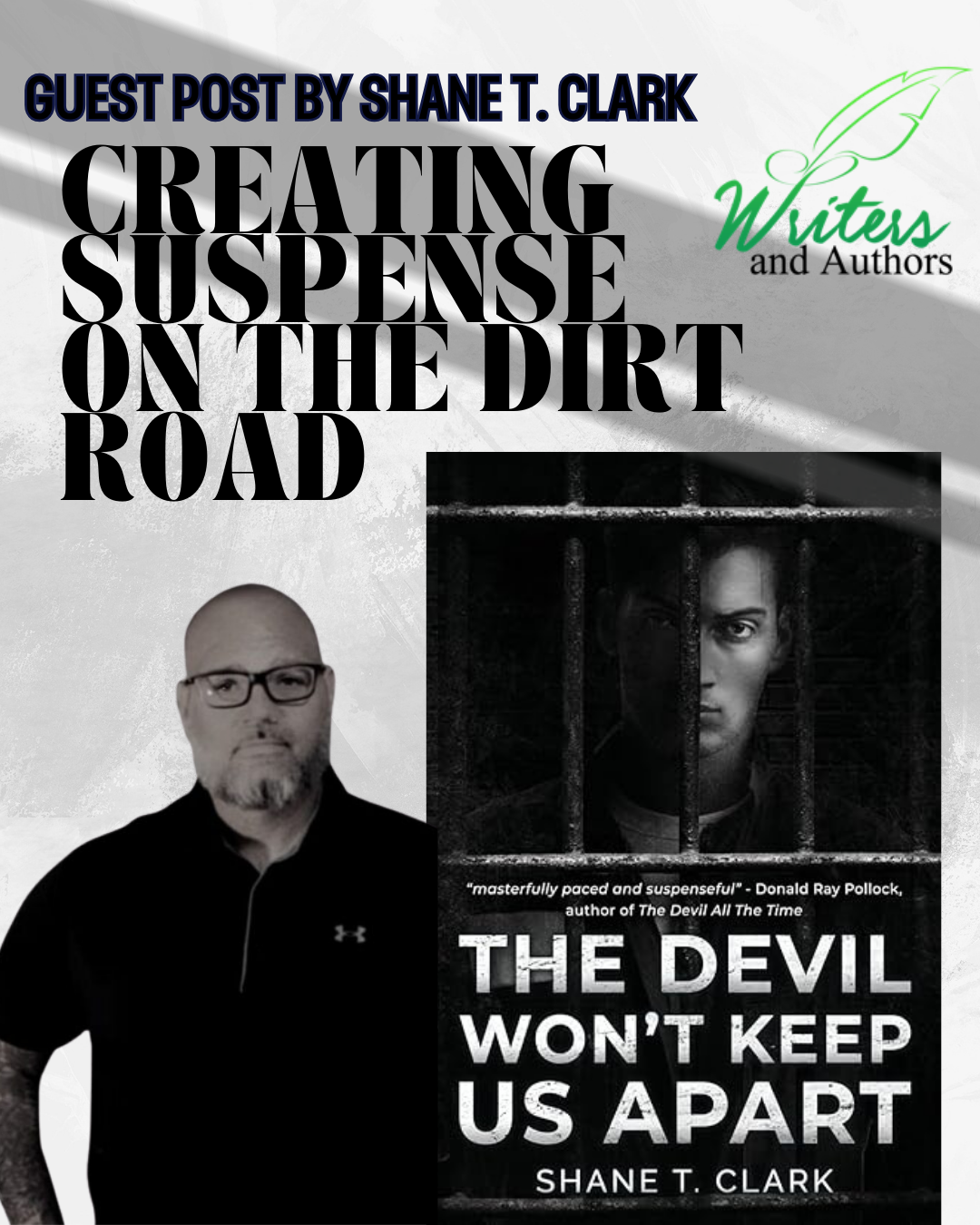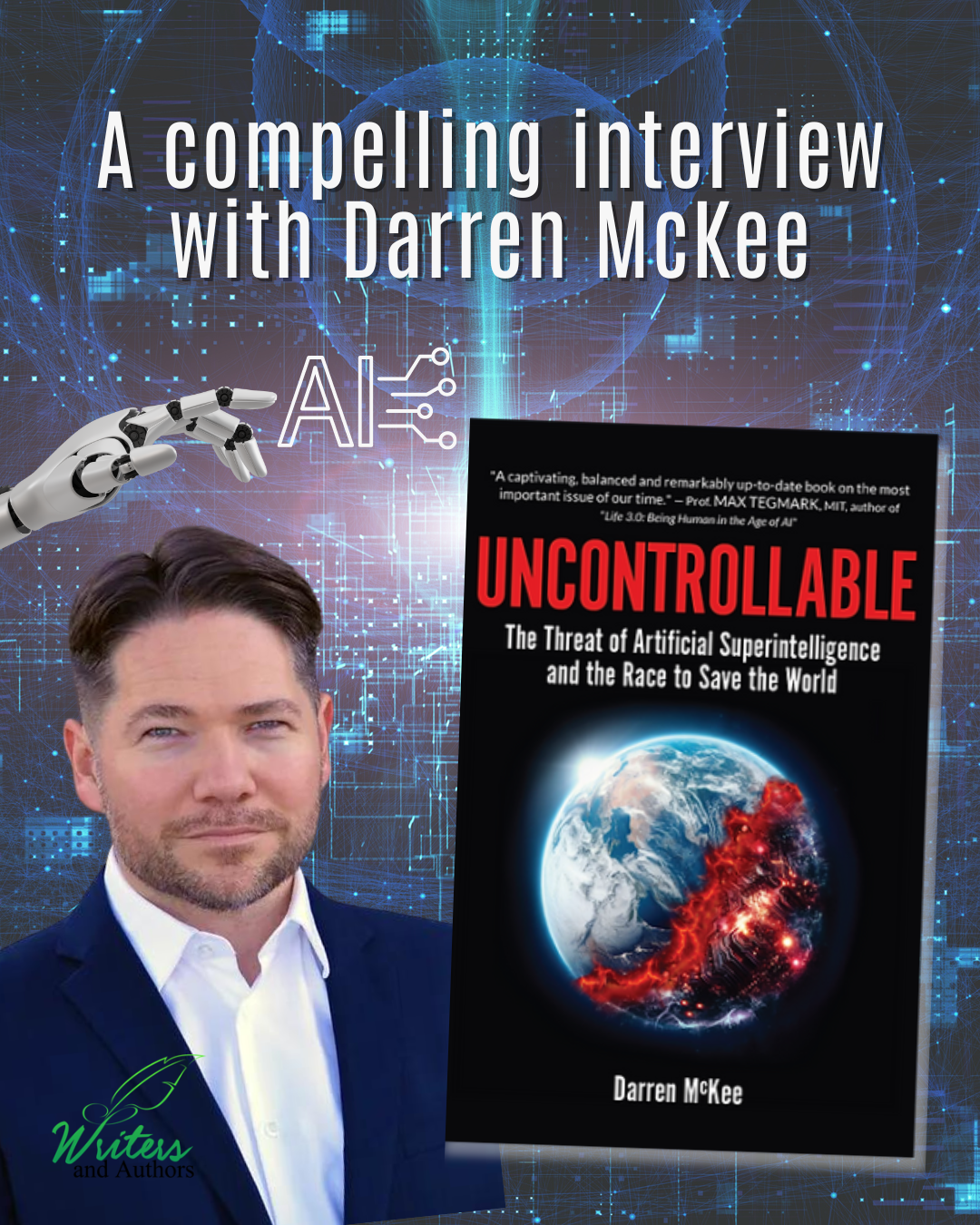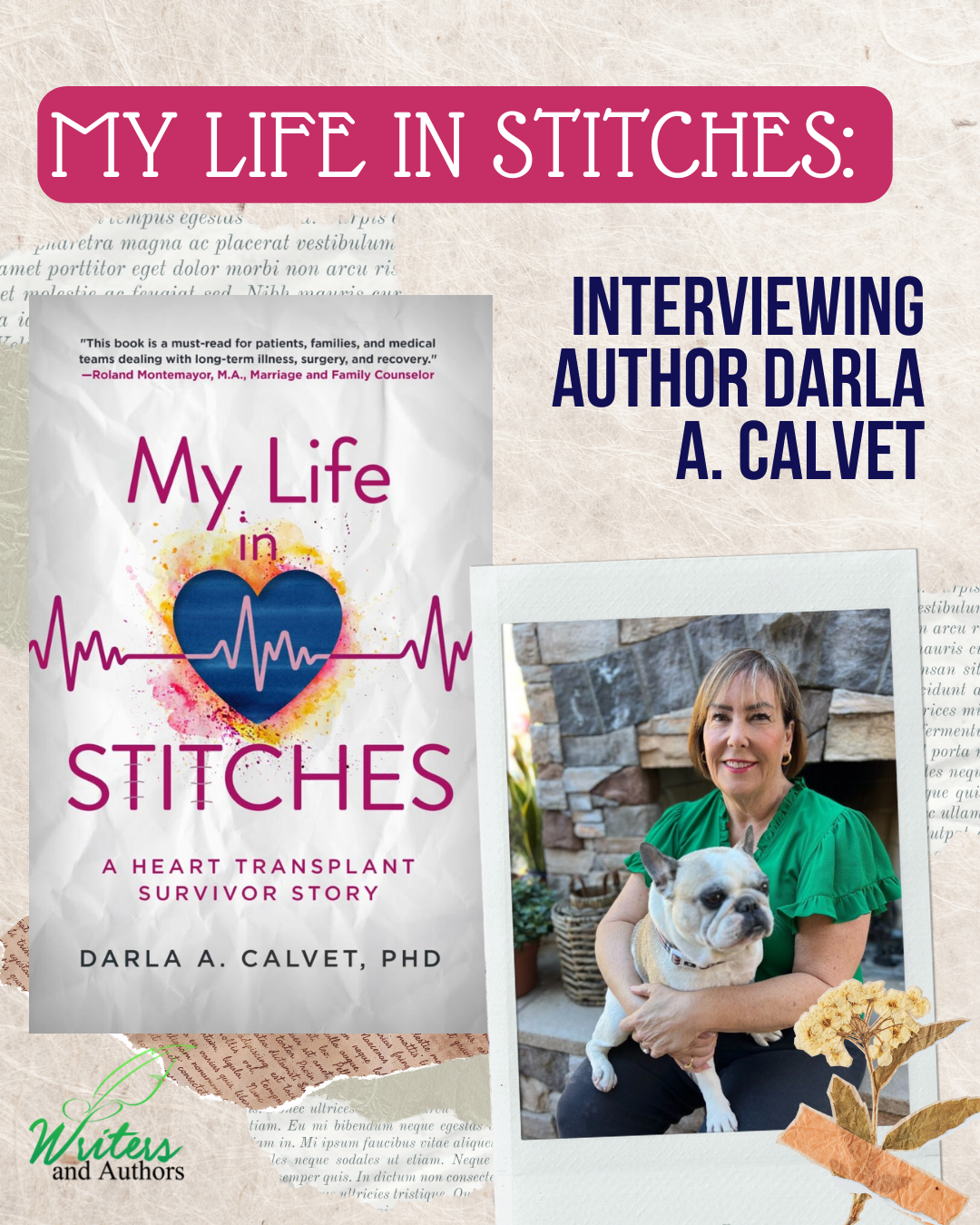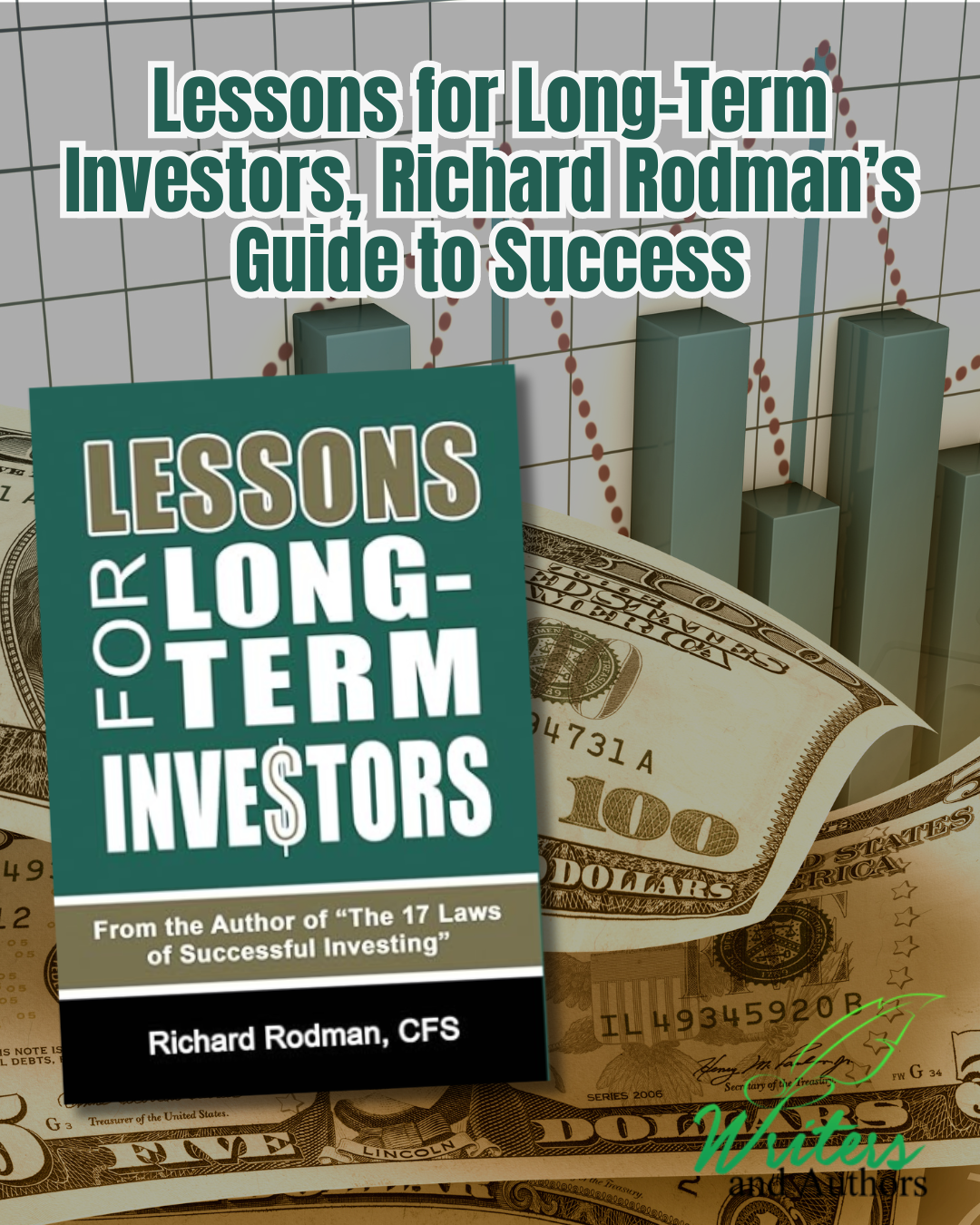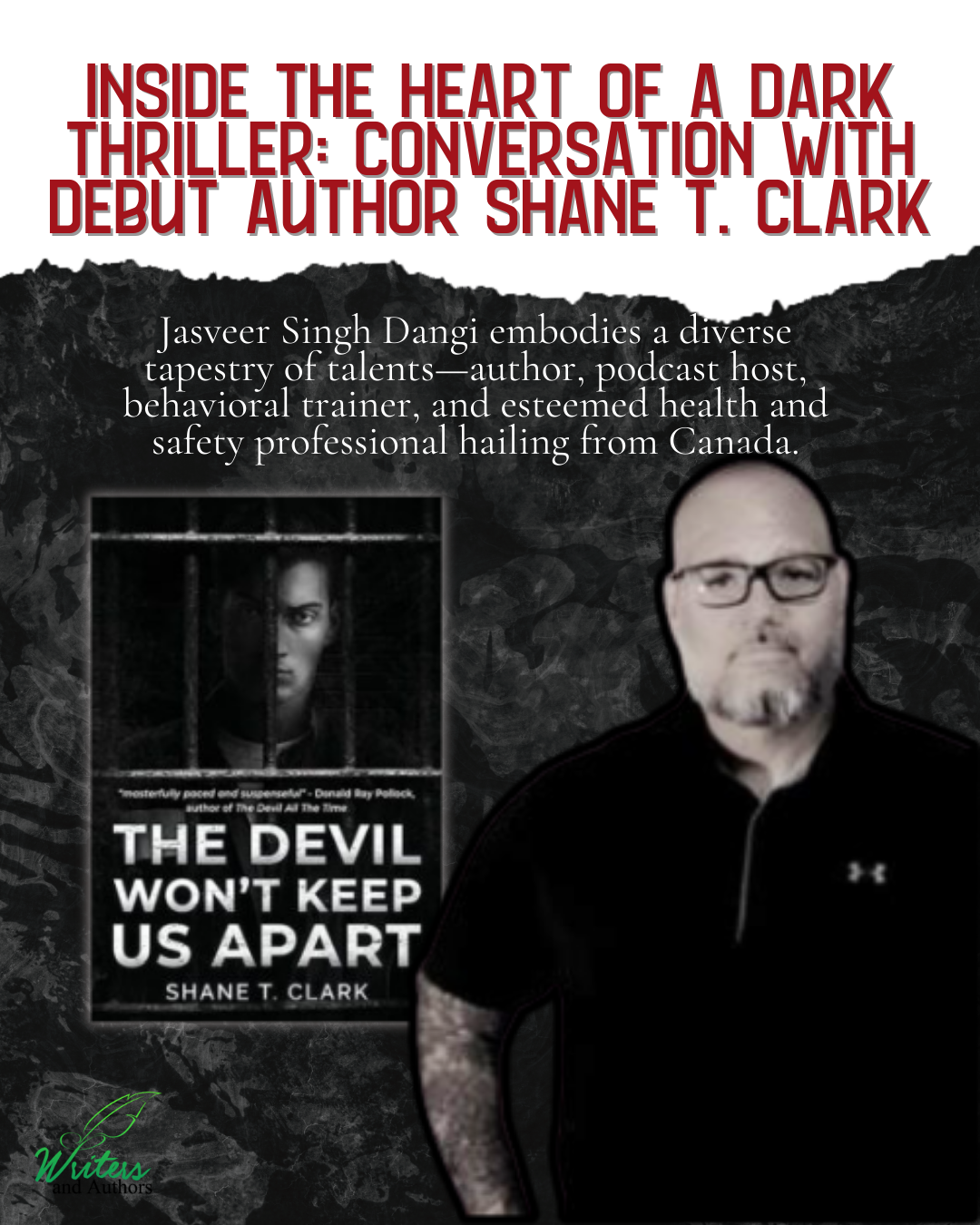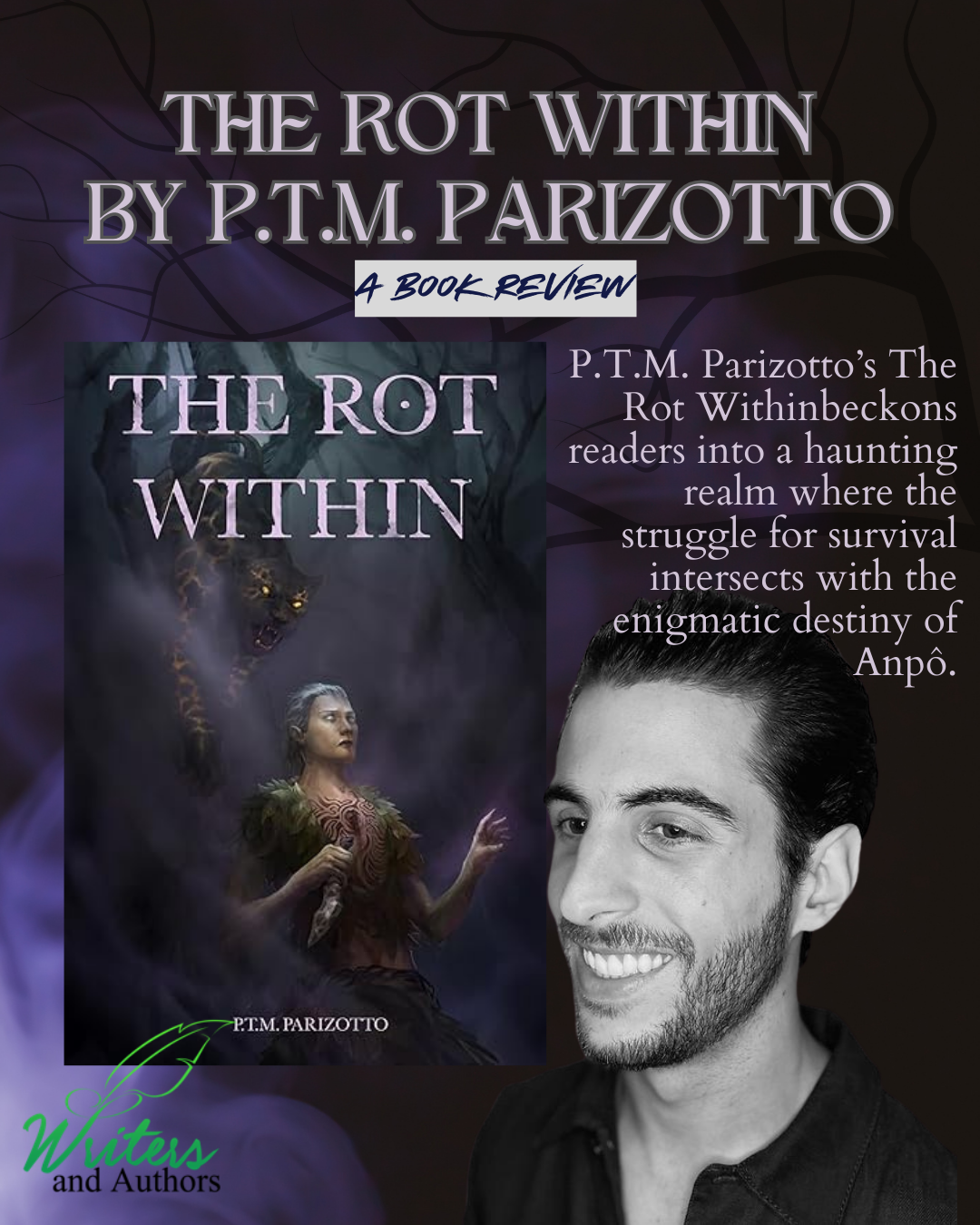The Cotard Delusion by Daniel J. Burke is a mind-bending psychological thriller unlike any you’ve read before. Daniel J. Burke is an author, a doctor and a musician. With all of his experiences combined, The Cotard Delusion was born. It is a thought-provoking novel with dark themes and an interesting plot. The novel has great potential to be used as a vehicle for delving deeper into one’s own mind as well. Dive in with us while we explore Burke’s world and possibly uncover his process behind The Cotard Delusion!
What is the PRIMARY benefit, above all others, that your potential reader will gain from reading this book?
The primary benefit the reader obtains in The Cotard Delusion is an awareness of how our emotions are far more intricate than our perceptions allow. The narrator, Lieutenant Liam Price, uncovers a woman mutilated three separate times after a failed experiment. He’ll only solve the case once he realizes how little he understands himself. He explores within his soul, uncovering the original dimension his emotions evolved from. The book serves as a compass into the depth of our being.
If you had to compare this book to any other book out there, which book would it be?
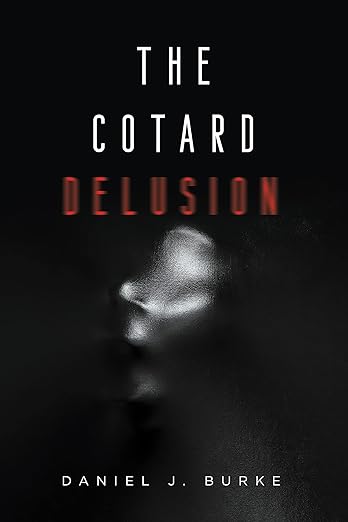 As this book is a genre-bending thriller, the story is more of a combination of different themes–it is a mix of Ender’s Game’s dissection of compassion and The Shining’s exploration of madness.
As this book is a genre-bending thriller, the story is more of a combination of different themes–it is a mix of Ender’s Game’s dissection of compassion and The Shining’s exploration of madness.
I want to take this thought a step further, as I actually wrote this book based off of two songs. “Glósóli” by Sigur Rós and “Coptic Light” by Morton Feldman–and listened to both on replay hundreds of times as I wrote this story. I was a musician prior to becoming an author, so my origins of inspiration root in the feel of a song. I thought the idea of transferring the structure in which I wrote a song into the form of a novel, where I could marinate on concepts for a lot longer, was appealing.
Hundreds of thousands of books come out every year. Why should someone buy THIS book?
Someone should buy this book because as a reader you will obtain a shovel to dig into your subconscious in a way you have not before. The case introduces tangible characteristics to intangible human emotions–particularly love and hatred–creating a mystery where you cannot predict what will happen next. As a product, the further the story progresses into new concepts, the more relevant the theme becomes to the human experience.
Who is your target audience?
My target audience is any reader teenage years and onward who enjoys examining the boundaries of life and death, and how they can change as we evolve. Since life and death are topics of interest throughout different cultures, this book is intended for readers throughout the world.
Did your environment or upbringing play a major role in your writing and did you use it to your advantage?
Big time. My journey–and eventual writing process–roots from my childhood as a musician. My mother was a music teacher, so I was classically trained. In my adolescent years, I spent most of my time with a 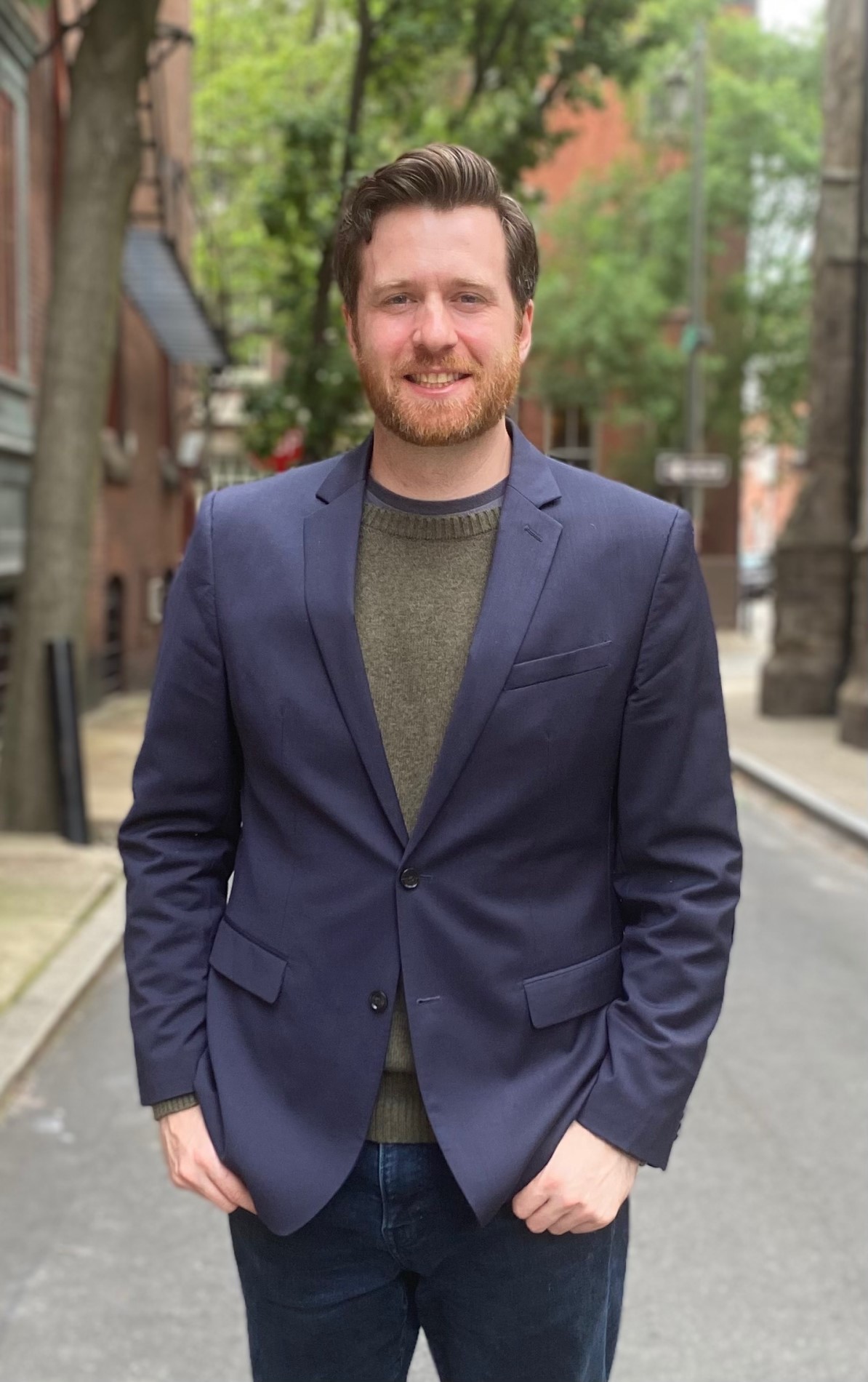 guitar writing songs. While I loved writing lyrics, by the end of college, I decided to write a short story as an exercise, which would twelve years later finish as The Cotard Delusion. The biggest reason the short story became a novel was due to my writing process, I call it “writing vertically.” I termed this in contradiction to a tip I was consistently told, where I should keep writing one story after another to develop my writing style. I found that direction to be too linear for me and went against how I created ideas. During these twelve years, I wrote each idea like tracks to a song, where the book ultimately became the album.
guitar writing songs. While I loved writing lyrics, by the end of college, I decided to write a short story as an exercise, which would twelve years later finish as The Cotard Delusion. The biggest reason the short story became a novel was due to my writing process, I call it “writing vertically.” I termed this in contradiction to a tip I was consistently told, where I should keep writing one story after another to develop my writing style. I found that direction to be too linear for me and went against how I created ideas. During these twelve years, I wrote each idea like tracks to a song, where the book ultimately became the album.
In addition, my medical training played a big factor, because as I wrote this story, I experienced human kindness and suffering in the first and third world–amongst rural, urban, and suburban settings. I was inspired from my rural residency clinic in Hamburg, Pennsylvania to the villages outside of Kolkata, India at an organization whose founder was Mother Teresa’s medical director in the early 1990s and whom I worked with. I learned the deeper I distilled into a community, the more I found humanity to be much more alike than different. This thought inspired my writing to examine bridges between the different customs of mankind, and what matters most to us all.
In sum, my writing style came from my musical background, and the story’s theme came from practicing medicine as a Family Physician.
Tell us your most rewarding experience since publishing your work?
The most rewarding part since publishing is being able to finally start the conversation the book sets up. Which is about how society can create infrastructure for us to better explore and understand our emotions. We make so many important decisions affecting our lives from them. but there is no set process to better understand ourselves to this degree. It is a topic I hope to explore lifelong with the input of many others.
How would you describe your writing style?
My writing style is narrative-driven, letting the characters’ relationships carry the story. I especially love when their personalities speak between the lines. This writing style reflects how I enjoy music, ultimately where hooks and beats are placed make a song great to me–and the timing and tone of how each character plays off another goes on full display.
Are your characters pure fiction, or did you draw from people you know?
Consciously, they are pure fiction, but I am sure 10% of each character is within my subconscious.
Are you more of a character artist or a plot-driven writer?
While my writing style focuses on the characters–I am plot-driven first and foremost. In essence, the plot shapes the characters.
What do you hope to accomplish with your book other than selling it?
My hope is people start discussing further how we can better understand ourselves. We listen to songs, watch movies, go to shows, and make big life decisions based off of love and hatred. Yet so much of our feelings are still unpacked in our subconscious.
How can our readers get in touch with you?
writerdanieljburke@gmail.com
Where can our readers purchase your book?
and most general book sites–paperback and ebook.

